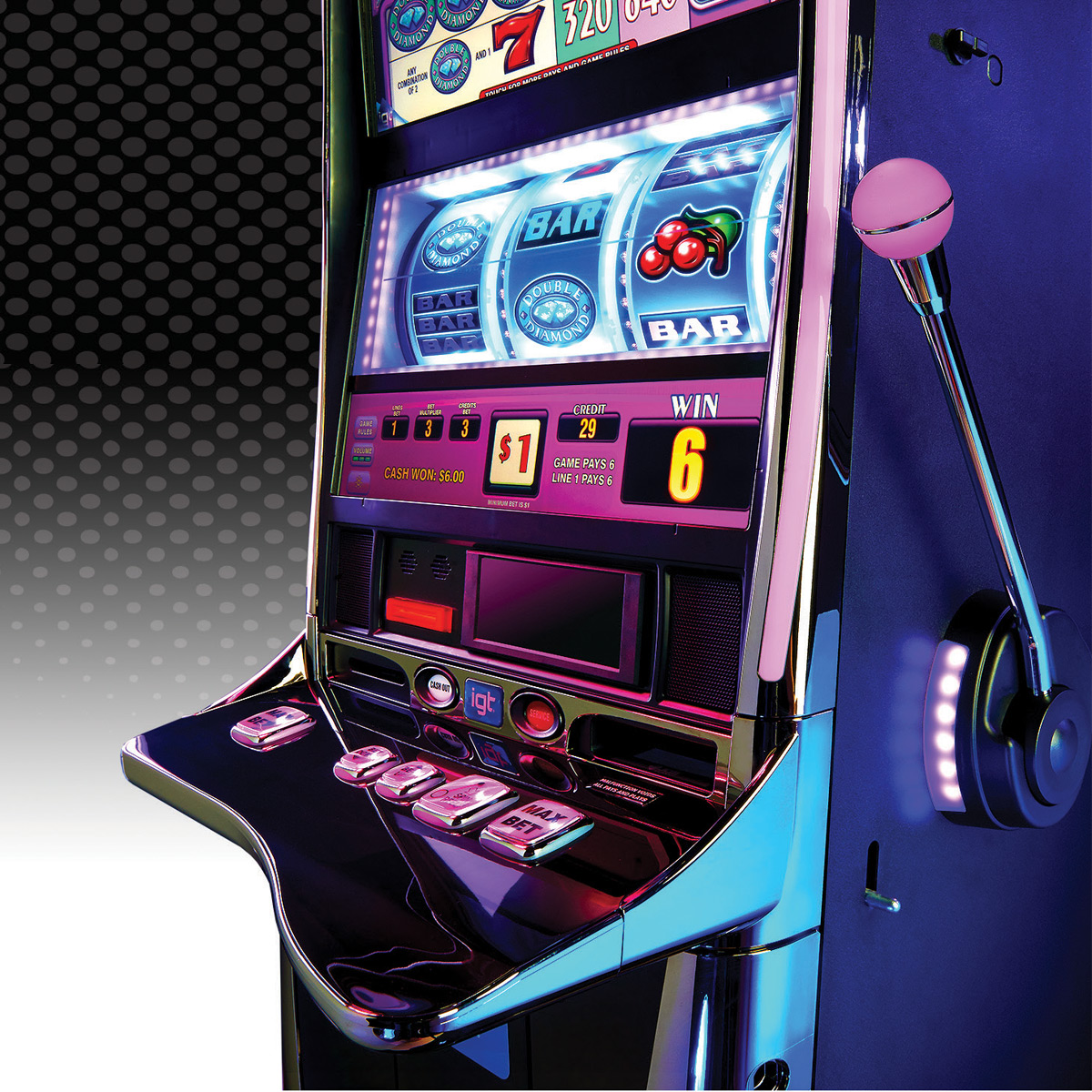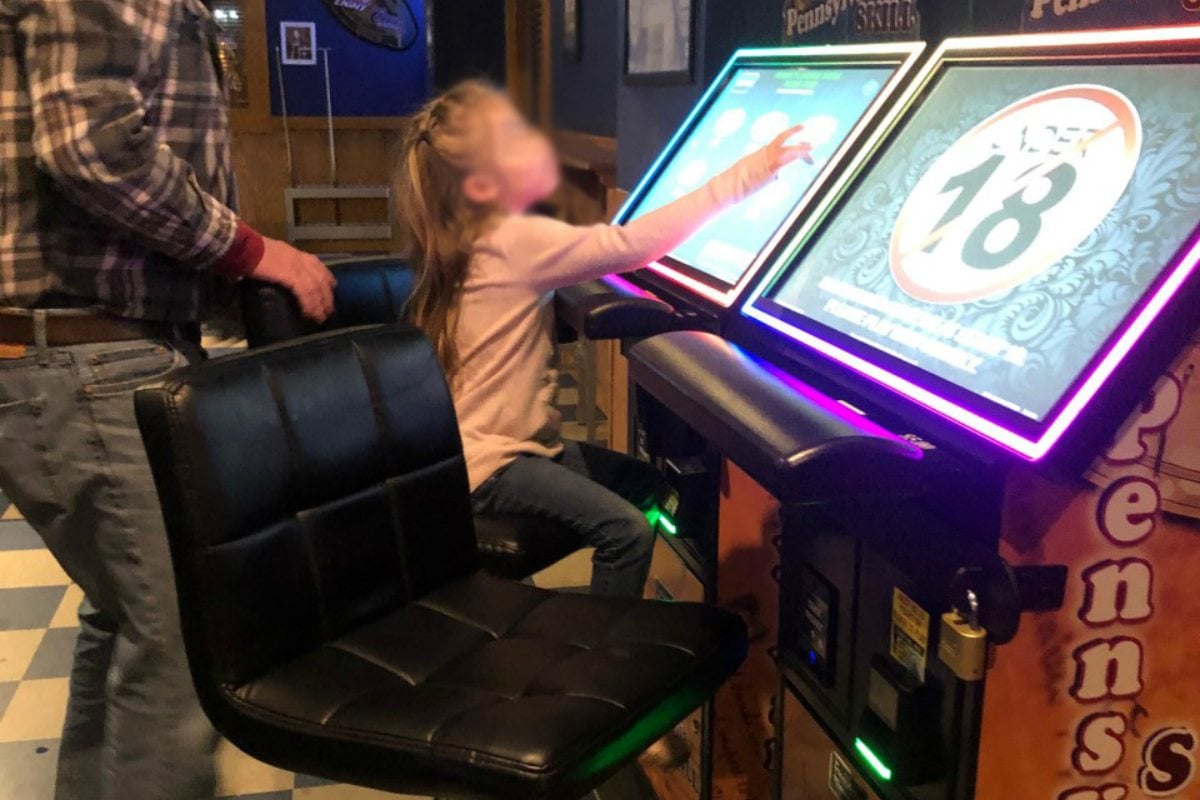Skill-based gaming is nothing new. It debuted in Atlantic City and Las Vegas around five years ago to mixed success.
However, skill slots are currently the hottest thing in Pennsylvania’s gaming market. Numerous people are playing these slots at bars, convenience stores, restaurants, and other types of businesses.
A PA skill game works a little differently from a regular slot machine. Assuming you’d like to know more about these games, you can learn about them below.
How Does a Pennsylvania Skill Slot Machine Work?
OHIO Any Machine LEGAL; OKLAHOMA 25 Years or Older; OREGON 25 Years or Older, Pachi-Slo style slot machines are illegal in Oregon unless they are over 25 years old. PENNSYLVANIA Pre - 1941; RHODE ISLAND Any Machine LEGAL; SOUTH CAROLINA Any Machine PROHIBITED; SOUTH DAKOTA Pre - 1941; TENNESSEE Any Machine PROHIBITED; TEXAS Any Machine LEGAL. Currently, people can gamble at state-regulated casinos, through the Pennsylvania Lottery, for horse races and, after the expansion of the law last year, online and at some truck stops.
A Pennsylvania skill game looks and plays very similar to a regular slot machine. You begin playing these games by inserting your money into the terminal.
Next, you spin the reels and hope to line up matching symbols in paylines. Most of these games show how much each winning combinations pays through a pay table on the side.
Pennsylvania lawmakers have approved a law allowing video gambling on slot machine terminals in truck stops throughout the state of Pennsylvania. Accel is an industry leader of truck stop gaming in Illinois, servicing the top truck stop locations, and we’re excited to get rolling in a new market. POM had argued that their machines were a 'game of skill' and therefore not a slot machine under Pennsylvania law. The manufacture, set up, sale, lease, or ownership of a 'slot machine' for. (a) In furtherance of section 1511 of the act (relating to declaration of exemption from Federal laws prohibiting slot machines), prior to the transport or movement of a slot machine, electronic wagering terminal or fully automated electronic gaming table into, within or out of this Commonwealth, from one person authorized to possess slot.
Again, you can see that these games aren’t much different from standard slots. But each can differ from the next regarding the skill element.
Here are various examples on how these slots incorporate skill:
- A pre-reveal mechanism that allows you to see if you’ll win or lose the next spin.
- You must touch wild and/or scatter symbols to activate them.
- Skill-based bonus rounds.
Starting with the first option, pre-reveal slot machines first gained infamy in Florida. They give you an option, or force you, to see if the upcoming round will be a winner or loser.
Knowing the result of the spin enables you to determine whether it’s worth playing. Normally, though, you can only see the result of a single spin.
The second feature, where you touch certain symbols to activate them, doesn’t really bring much skill into the fold. It simply introduces a manual element to the game.
Finally, skill-based bonus rounds can see you do all sorts of things. One example is a memory game, where the slot shows you a series of flashing dots.
At first, you’ll have an easier time remember which dots flash. But these games get tougher and tougher as more dots flash and really test your memory skills.
Slot Machines Legal In Pennsylvania Lottery
How Do Skill Games Differ From Regular Slot Machines?
A skill slot machine looks and plays much like standard real money slots. You probably wouldn’t be able to tell the difference between the two under most circumstances.
However, PA skill games feature more action than just spinning the reels. As described before, they see you doing everything from tapping symbols to playing fun bonuses.
Pace-O-Matic, one of the biggest manufacturers of such terminals, designs these games in a specific manner so as to avoid the normal gambling distinction.
After all, convenience stores, laundry mats, and bars can’t just offer a regular slot machine without a license. But they can feature a skill-based terminal without breaking laws—at least for now anyways.
These machines also give you more influence over the results. You might not be able to use your abilities to control 100% of the outcomes. However, you may have the ability to control approximately 3% of the action through skill.

The companies that develop PA skill slots aren’t required to divulge return to player (RTP). Their operators don’t need to offer this information either.
This aspect heavily differs from the regulated Pennsylvania gambling market. Land-based casinos must work with gaming regulators and offer RTP figures.
Slot Machines Legal In Pennsylvania County
In What Ways Are Skill and Regular Slots the Same?
These games may offer the promise of skill-based gaming. In the end, though, they aren’t much different than standard slot machines.
Both use random number generators to determine the bulk of the results. Your odds of winning heavily rely on the luck associated with each spin.
For example, a PA skill slot might feature 90% RTP on the spins alone. But it would give you the ability to influence another 5% of the RTP through a bonus round.
/arc-anglerfish-arc2-prod-tronc.s3.amazonaws.com/public/FXV3ZU5ERFC2LORL4XSQQRCXXM.jpg)
With expert play, you could bump the payback up to 95%. Of course, this figure doesn’t differ much from casino slots, which typically offer between 90% and 95% payback.
Another similarity is the fact that the house wins in both cases. Some players mistakenly believe that they can win guaranteed profits if they play a skill-based game just right.
The truth, though, is that they don’t have any better chance of winning at a convenience store than they do a casino. The skill aspect is mostly an illusion that’s designed to float Pennsylvania gambling laws.
Of course, you can always get lucky with a skill-based or regular slot machine and win the jackpot. You’ll be relying on luck to win in both cases, though.
Skill Slots Are Quite Controversial
PAIG also takes exception to the fact that these games aren’t regulated. The Pennsylvania Gaming Control Board doesn’t have any jurisdiction over the makers or operators of skill terminals.
Furthermore, the bars, convenience stores, and restaurants that offer these machines don’t pay additional taxes. They only cover standard income taxes on profits.
Contrast this situation to the state’s 12 land-based casinos. Each must pay a licensing fee to operate along with a 54% tax rate on revenue.
This 54% rate makes Pennsylvania one of the toughest markets for earning casino gaming profits. Meanwhile, skill-based operators gain a competitive advantage by paying far less in taxes.
Will Pennsylvania Ban These Slot Machines?
PAIG has made some headway in bringing light to the hypocrisy surrounding skill-based gaming. The group is drawing more attention to their mission of getting these games shut down.

Police in certain Pennsylvania jurisdictions have seized these terminals during crackdowns on illegal gambling. Pace-O-Matic responded with a lawsuit against the Bureau of Liquor Control and Enforcement.
As of now, the two sides are embroiled in a murky legal battle where nobody has tasted victory yet. In January 2020, a Commonwealth Court judge ruled that Pennsylvania State Police can seize skill-based games while the matter is being decided in court.
This ruling doesn’t mean that authorities will seize relevant terminals all over the Keystone State. Instead, it just lifts a ban on the practice of doing so as law enforcement sees fit.
State police argue that the skill-based machines are only a small part of their crackdown on illegal gambling. They’ve only seized a few dozen of the 20,000 skill games operating throughout the state.
For this reason, the Commonwealth Judge saw no reason to ban such seizures. Of course, the games will be given back if Pace-O-Matic wins its case.
Neither side has presented a compelling argument on why these terminals should or shouldn’t be legal. But Florida might provide a preview on what will happen with this case.
The Sunshine State had a problem with pre-reveal slot machines running rampant throughout its borders. The Seminole Tribe, which holds a gambling pact with Florida, argued that pre-reveal games violated its agreement with the state.
After careful consideration, a judge decided to ban these machines. They ruled that pre-reveal slots fall under the definition of illegal gambling.
Pennsylvania doesn’t have a tribal gaming pact with any Native American tribes. However, it does have a licensed gambling market with 12 casinos.
The state may ultimately rule against Pace-O-Matic to preserve its good relationship with the licensed gambling establishments.
Conclusion
A PA skill slot differs slightly from casino terminals by including some element of skill. “Some” is the key word here, though, because these games don’t give you a true chance to overcome the house edge.
Slot Machines Legal In Pennsylvania State
You might be able to influence 5% of the RTP through your abilities. But if the base RTP is 91%, you can only achieve up to 96% RTP.
Skill-based slots remain a mixed bag. They include different elements than a standard slot, but they’re also somewhat deceiving in how much control they give you over results.
PAIG is currently fighting against these terminals and believe that they constitute illegal gaming. The jury is out, though, on if these games will ultimately be outlawed.